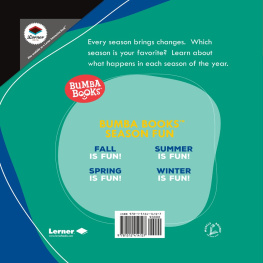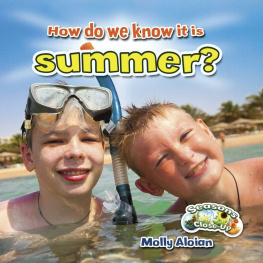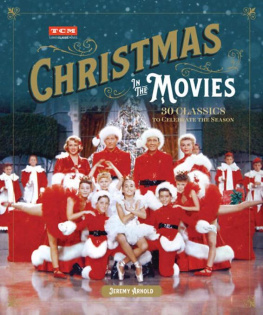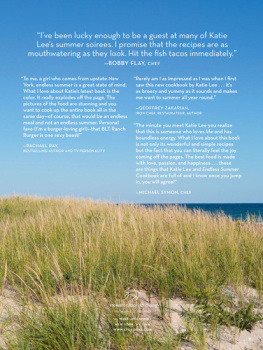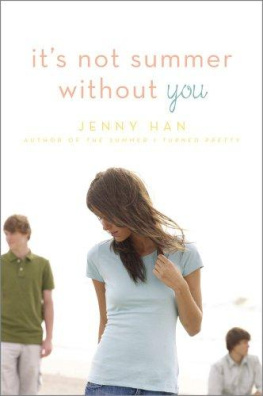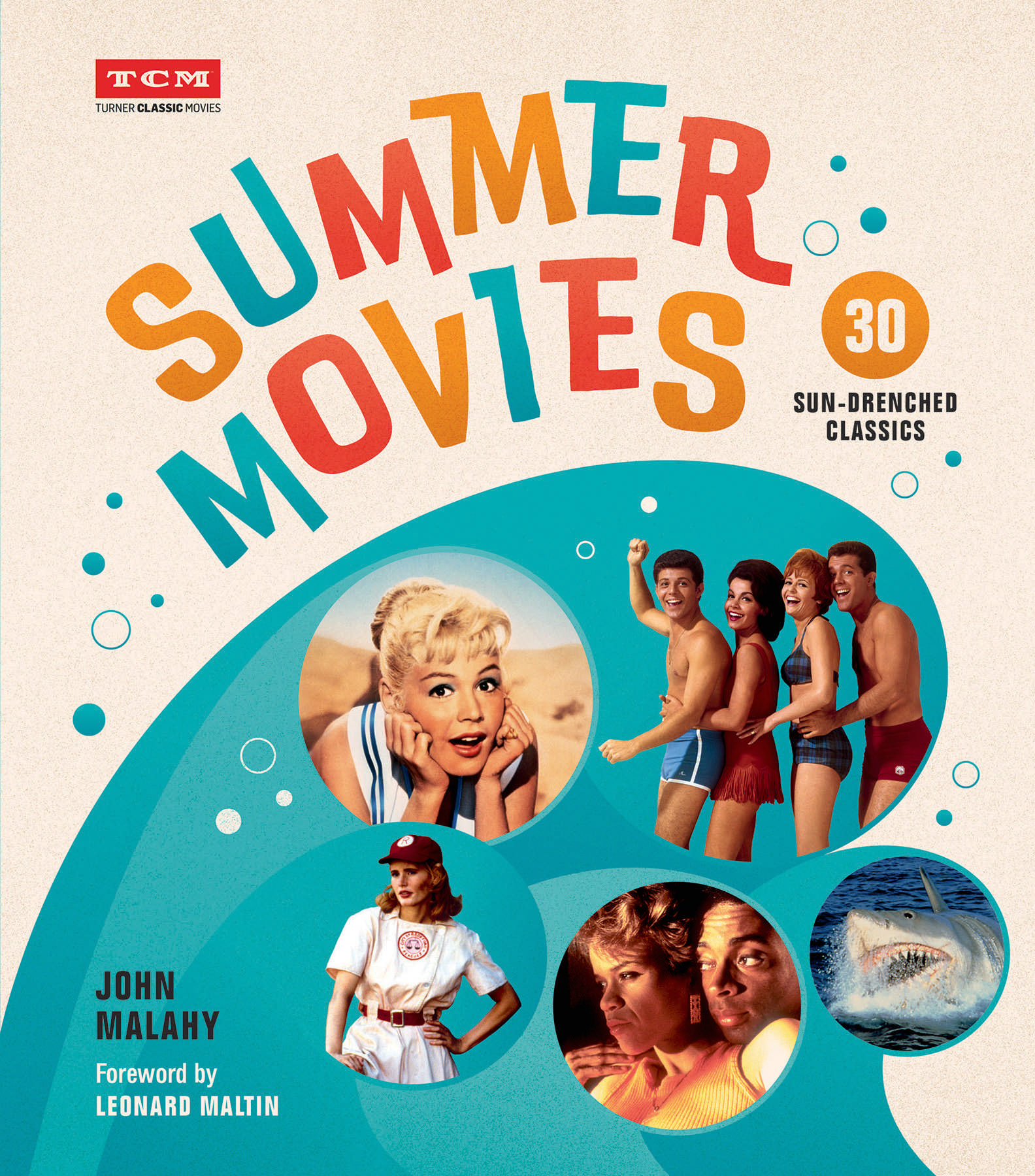
Copyright 2021 by Turner Classic Movies
Hachette Book Group supports the right to free expression and the value of copyright. The purpose of copyright is to encourage writers and artists to produce the creative works that enrich our culture.
The scanning, uploading, and distribution of this book without permission is a theft of the authors intellectual property. If you would like permission to use material from the book (other than for review purposes), please contact permissions@hbgusa.com. Thank you for your support of the authors rights.
Running Press
Hachette Book Group
1290 Avenue of the Americas, New York, NY 10104
www.runningpress.com
@Running_Press
First Edition: May 2021
Published by Running Press, an imprint of Perseus Books, LLC, a subsidiary of Hachette Book Group, Inc.
The Running Press name and logo is a trademark of the Hachette Book Group.
The Hachette Speakers Bureau provides a wide range of authors for speaking events. To find out more, go to www.hachettespeakersbureau.com or call (866) 376-6591.
The publisher is not responsible for websites (or their content) that are not owned by the publisher.
All images courtesy of Turner Classic Movies.
Library of Congress Control Number: 2020949830
ISBNs: 978-0-7624-9929-8 (hardcover), 978-0-7624-9927-4 (ebook)
E3-20210415-JV-NF-ORI
W hat kind of book devotes equal time to Ingmar Bergman and Frankie Avalon? Answer: the one youre reading right now.
Thats because its author, John Malahy, has taken an admirably broad view of his subject, opening with the celebrated silent film Lonesome and closing with the equally illustrious Italian movie Call Me by Your Name. If you want to find a narrower, more predictable survey of so-called summer movies, feel free to browse online. This book was clearly compiled by an aficionado whos knowledgeable enough to be familiar with the silent era, the golden age of Hollywood, foreign-language films, and contemporary cinema. He is happily devoid of snobbery and pretension.
As a bona fide baby boomer and self-styled indoor kid, summer meant one thing above all else to me: the freedom to go to the movies any day of the week I chose. That meant that I got to see The Parent Trap (starring Hayley Mills and Hayley Mills) the first week it played in a nearby New Jersey theater. Yet I dont remember classifying anything I saw as a summer movie. There were just films I happened to see when school was out of session.
One summer, the Fox Theatre in Hackensack (long gone) set up a Tuesday matinee series and issued an oversized ticket with twelve numbers on the edge. Every week a theater employee would punch a hole in the proper space to show that Id attended and watched a chapter of the old Columbia serial The Great Adventures of Wild Bill Hickok. Since it consisted of fifteen chapters and we had only twelve weeks to watch them all, the theater gave us double doses several times, which in theory was okay but in reality exposed all the ways the serial cheated on its cliffhanger chapter endings. I guess you could say I got a bit more movie-savvy that summer. I also got in for free the final week because Id had perfect attendance.
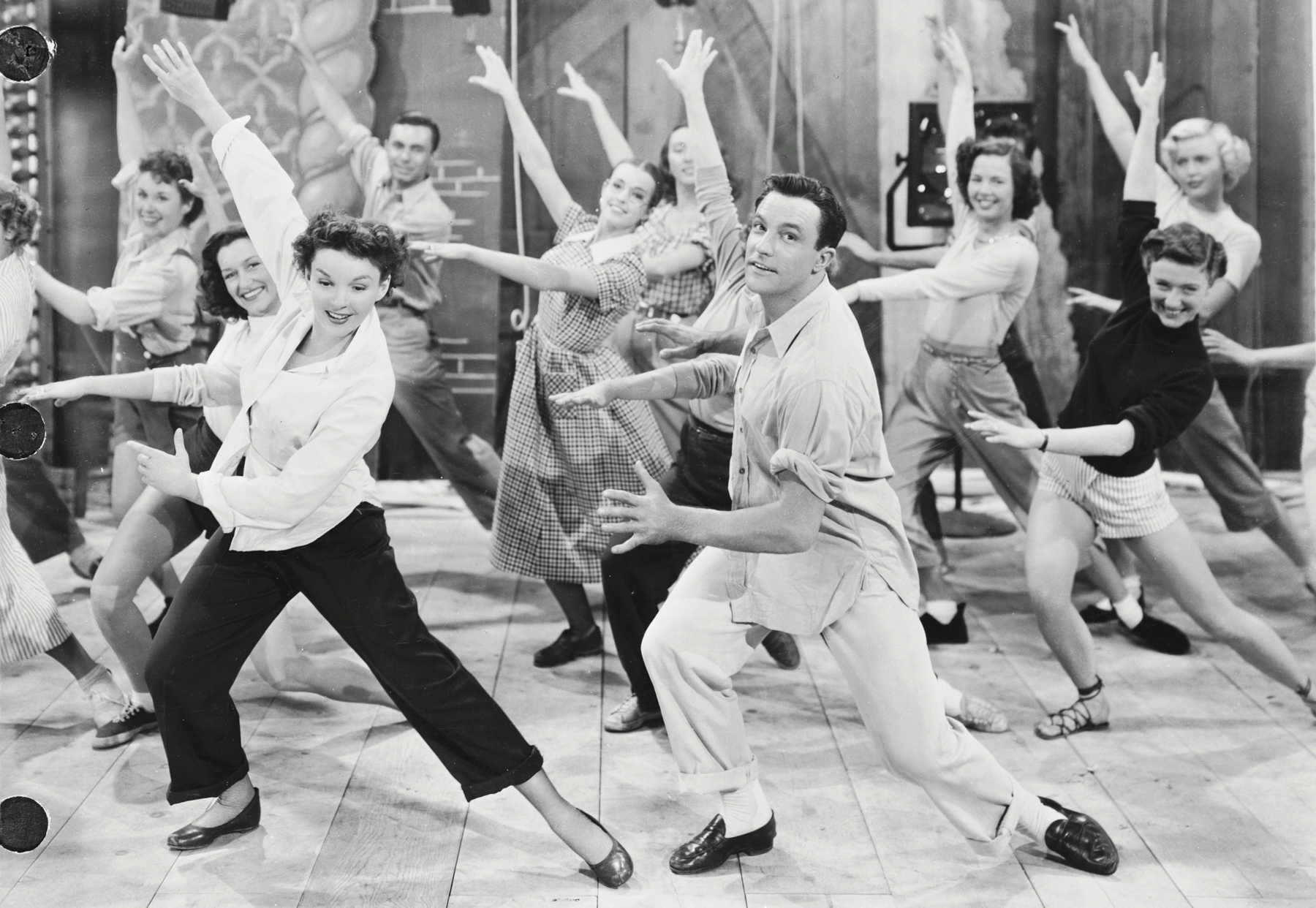
Judy Garland and Gene Kelly rehearse in Summer Stock (1950).
Observers of popular culture agree that the term summer movie came into play with the release of Steven Spielbergs blockbuster Jaws in 1975. It was among the first films I know of that inspired exhibitors to clear the auditorium after every showing. Word-of-mouth reaction to the film was so strong that people went back to see it again and again, mushrooming its box-office receipts. I had been married only three months when the picture was released, and my wife Alices elbow was black and blue from my grabbing it at every jump scare that came along. The other thing we both recall is that people stayed out of the ocean that summerand for several summers to follow.
I also remember the tension that preceded the release of Spike Lees Do the Right Thing. It was so thick you could cut it with a knife but for the most part, audiences absorbed this provocative drama without exploding into violence as some pundits had predicted. Many of the films Malahy documents in this book had a lasting impact on moviegoers. Decades after its release, women of all ages still relate to Jennifer Greys Baby in Dirty Dancing, and the depiction of a typical American family in National Lampoons Vacation continues to ring true, allowing for comic exaggeration.
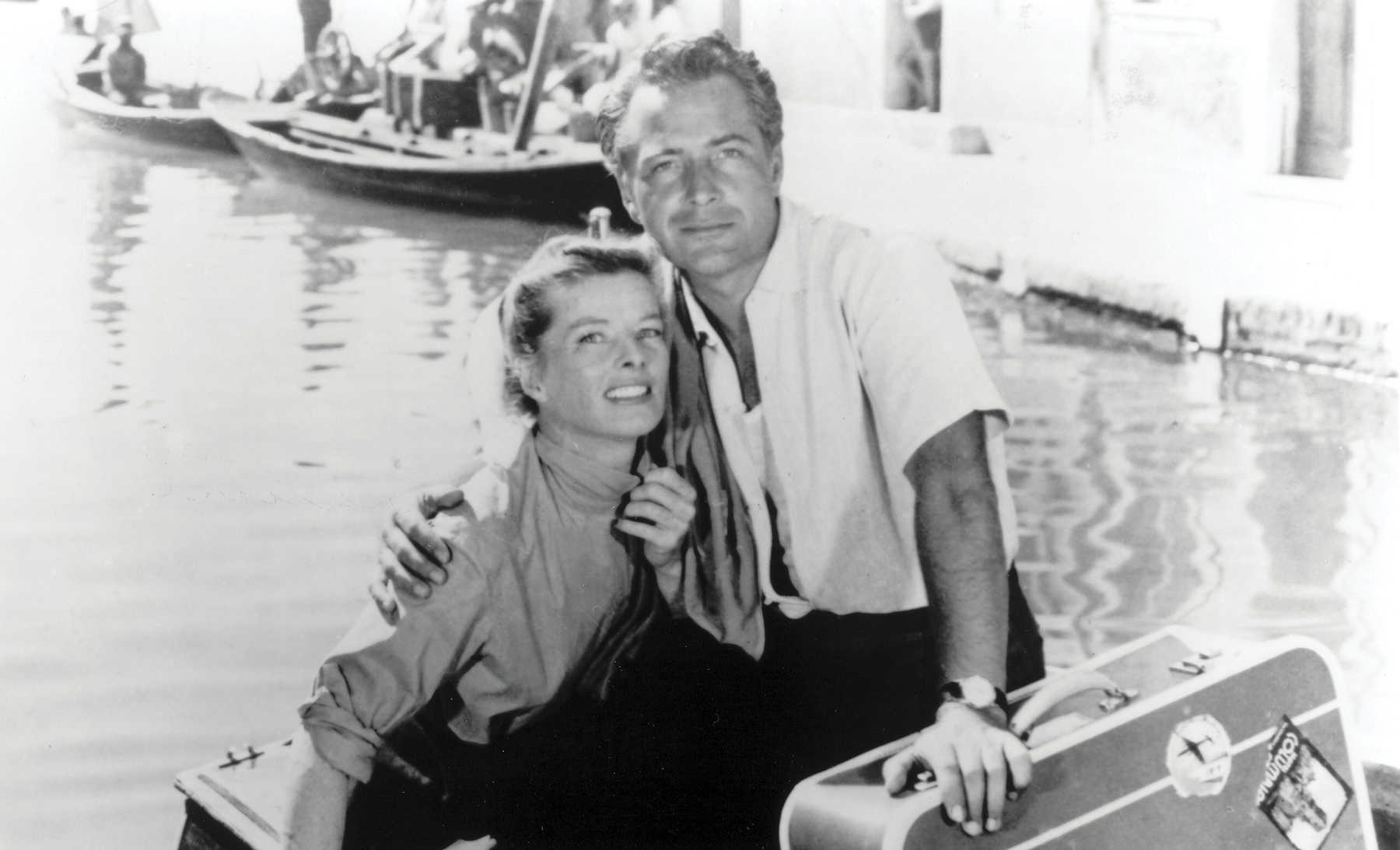
Katharine Hepburn and Rossano Brazzi arrive on Burano in Summertime (1955).
Most of all, John Malahy captures the fun we associate with summertime, whether or not we take his suggestions for travel and tourism or line up some of his outside-the-box suggestions for double features. This book made me smile, remembering when and where I first encountered the films he discusses so enthusiastically. If you havent seen all thirty features, you have even more to look forward to. Remember, a good movie is never out of season.
LEONARD MALTIN is best known for his evergreen reference paperback Leonard Maltins Movie Guide, its offshoot Leonard Maltins Classic Movie Guide, and his thirty-year run on Entertainment Tonight. He teaches at the USC School of Cinematic Arts and appears on Turner Classic Movies. With his daughter Jessie he hosts the weekly podcast Maltin on Movies. He also holds court at www.leonardmaltin.com.
I n June 1975, Steven Spielbergs Jaws was released in theaters. The summer-set thriller kicked off an industry trend: the crucial season in which studios release their biggest movies while teenagers (the target audience) are home from school. But Jaws isnt just the prototypical summer blockbuster. It is also a classic example of an underappreciated category of moviesthose that depict the experiences, traditions, and delights of the summer season. As such, Spielbergs monster movie can be linked to other warm-weather classics, from beach musicals to sun-drenched romances.
Much of our understanding of summer comes from, or is reflected in, the movies. The great American road trip will probably always be tied to the Griswolds and their iconic green station wagon. Gidget is the quintessential teenage misfit who, both literally and figuratively, finds her place in the sun. Theres no crying in baseball! continues to be heard on many a warm afternoon at the ballpark. Better still, these cultural touchstones can be accessed any time of year. Even in the chilly depths of winter, the movies can bring us the feeling of a carefree summers day.
This book sprang from my personal love of Jaws and quickly grew in scope to cover everything from Betty Grable to Patrick Swayze. At first, there was a centurys worth of titles from which to select, spanning Charlie Chaplins short By the Sea (1915)a self-styled classic of girls, the seashore and the good old summer timeto Spider-Man: Far from Home (2019), in which the high school superhero takes a class trip to Venice.
But summer is more than just a time for R&R. The downside of all that warm weather is the threat of violent hurricanes and killer heat waves, as seen in




